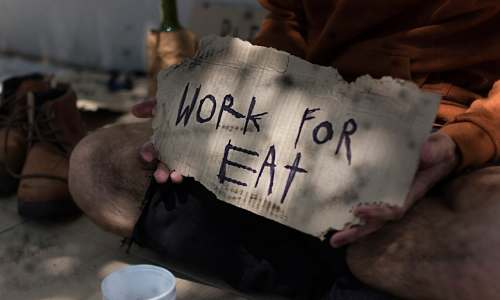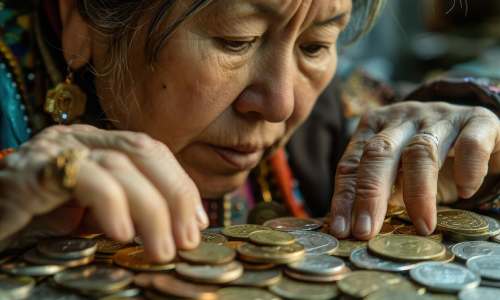Solidarity, Equality and Social Justice in the EU
The EU as we know it was formally established in 1993 with the Treaty of Maastricht. The European Union is a political entity that oversees the economics and politics of its member states. There are currently 27 member states, mostly located in Europe. The main mission of the EU is to drive the core values of solidarity, equality and social justice across its jurisdiction and to promote social cohesion across the continent.
The union has a number of social issues to address, which it does through frequent conferences and programs. Poverty is one of the crippling issues that millions of people living in the EU face and can lead to more societal problems such as social exclusion, discrimination, and isolation.
How the EU Supports Countries Combat Poverty

Governments of individual member states are foremost the authorities responsible for tackling poverty in their respective jurisdictions. However, there are member states that do not have the financial resources or work demand to supply their residents with the means necessary to avoid poverty. 20 of the EU members have adopted the Euro, which has strengthened their economies and expanded their ability to facilitate European companies that in turn bring more work. The European single market has also benefitted many member states that utilise the free circulation of goods, capital and services within the federation.
One major economic lifeline for struggling members of the EU is the European Social Fund Plus, or ESF+, a movement that provides funding for social improvement projects. These funds can be used to promote employment, social inclusion organisations, affordable housing, educational development and training programs that can help people hone their skills and resources to contribute to an ever-changing labor market. Governments can apply for these funds to improve any of their social programs that combat poverty, and as they tackle their poverty, their workforce and resources will benefit the EU.
Identifying and Resolving Social Exclusion in the EU
Social exclusion mainly follows poverty, but it can also relate to lack of education, no access to healthcare and poor social services. The EU’s Inclusion Strategy aims to solve these problems by focusing on migrants, ethnic minorities, and people with disabilities in mainstream society. There are lots of programs that the EU uses in its social cohesion policy, providing anything from vocational training and language courses to mentorships to help benefit excluded and isolated peoples or societies. The federation’s funding programs aim to make quality healthcare more easily accessible, as well as provide more extensive educational facilities and public transport to help improve quality of life.
What Programs the EU Offers to Address Discrimination
The EU has laws that prohibit race, gender, disability, age and sexual orientation based discrimination. It promotes equality through its Racial Equality Directive and Employment Equality Directive and supports a number of civil society organizations to help battle discrimination.
But those are not the only measures that the EU has taken to promote diversity across its member states. The EU’s Gender Equality Strategy aims to reduce the gender pay gap and improve the work opportunities for women in the labor market, as well as combat gender based discrimination and violence. The EU’s LGBTIQ Equality Strategy has a similar goal, promoting LGBTIQ people in the workplace and raising awareness for their rights in all aspects of life.
Future of Essential Human Rights in the EU
The EU is at the forefront of fighting for basic human rights and providing people with a higher quality of life. Its commitment to social justice and equality is backed by the EU’s many projects that help bring people in need the resources that are needed to ensure this. The main goal is to create an inclusive society across the continent and tackle poverty to as much an extent as possible. This will help reduce social exclusion and discrimination, which usually arise from poor living conditions that isolate communities and cause tensions among the EU member states. With its projects, funding, and legislation, the EU ensures to make poverty, social exclusion and discrimination problems of the past.


